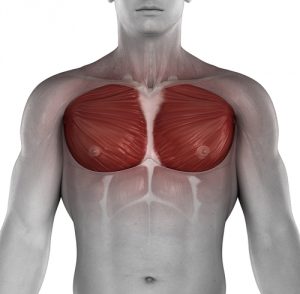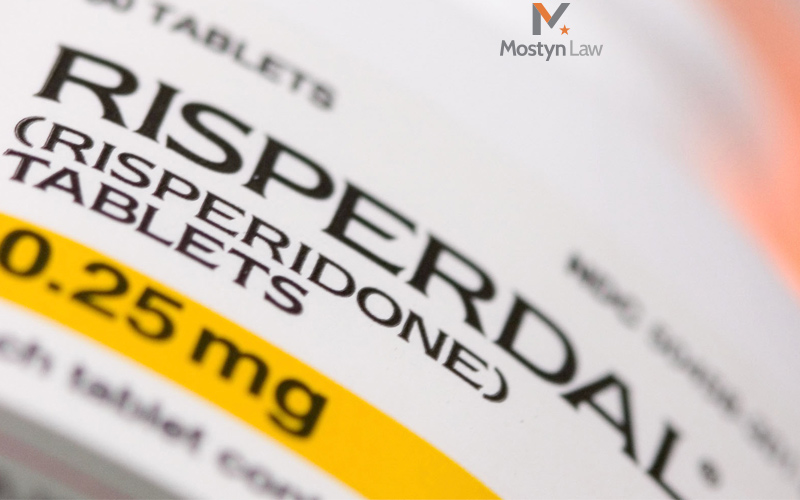Risperdal (risperidone) is an antipsychotic approved by the Food and Drug Administration (FDA) in 1993 for the treatment of schizophrenia in adults. In 2006 and 2007, the FDA approved additional uses for Risperdal including schizophrenia in children, bipolar disorder in adults and children and behavioral disorders caused by autism in children. However, Johnson & Johnson (J&J), makers of Risperdal, promoted the drug for young people years prior to its approval for use in children, with devastating results.
Gynecomastia (breast development in males):

Gynecomastia is a condition characterized by abnormally large breasts in males. This is caused by excessive breast tissue, not excess fat. In the case of Risperdal usage, the problem stems from an overabundance of the hormone prolactin, a hormone common in women who are pregnant or nursing. The development of Gynecomastia is typically a permanent change that will require surgical removal (mastectomy) by a reconstructive surgeon. Boys or adolescents who develop Gynecomastia suffer not only physical changes, but also severe emotional trauma.
Galactorrhea (lactation):
Another alarming side effect is Galactorrhea, which is the spontaneous flow of milk from the breasts that is not associated with pregnancy. Typically, as in Gynecomastia, Galactorrhea arises from high levels of prolactin. While many women will experience galactorrhea in their lives, especially when they are of child bearing age, young men should not be producing milk from their breasts. Unlike milk production of a nursing mother, Galactorrhea does not require nipple stimulation to initiate the milk. On the contrary, males that suffer from this disorder will have sudden milky discharge from their nipples for no apparent reason.
Hyperprolactinemia:
Hyperprolactinemia is when there are excessively high levels of prolactin in the blood. Hyperprolactinemia occurs more often with Risperdal than other antipsychotics. In children and adolescents, the overabundance of prolactin can cause Gynecomastia; milky nipple discharge in both males and females (Galactorrhea); the absence of periods in females, and delay in growth and maturation.
Pituitary Tumors:
Because Risperdal causes the pituitary gland to produce more prolactin, it may also cause the gland to grow in size. This disrupts the production of other hormones and can lead to the development of pituitary tumors. While some pituitary tumors are non-cancerous and slow growing, others can cause serious side effects and risks. When the tumors grow, they can press on surrounding tissue and cause hormonal problems. In other cases, they can press on the optic nerve and cause vision loss. Treatment of pituitary tumors may range from drug therapy to surgery.
Movement Disorders:
Risperdal can also increase the risk of movement disorders such as extrapyramidal symptoms (EPS), which is the loss of control over movement and tardive dyskinesia (involuntary, repetitive movements). All of the movement disorders may be permanent even after the medication has been discontinued. Many patients also require additional medications to control the symptoms.
Diabetes:
Risperdal has been associated with an increased risk of the development or worsening of diabetes.
Other Side Effects of Risperdal:
In addition to the serious side effects of Risperdal, it may also cause a number of additional side effects that are less severe but still may impact the quality of life of patients who take the medication. The most common side effects of Risperdal include:
- Weight gain
- Headache, dizziness
- Drowsiness, tired feeling
- Dry mouth, increased appetite
- Sleep problems (insomnia)
- Nausea, vomiting, stomach pain, constipation
- A feeling of restlessness with inability to sit still
- Feeling hot or cold
Johnson & Johnson, and its subsidiary, Janssen used illegal marketing to promote Risperdal for unapproved uses even after they were aware of the threats of Gynecomastia, movement disorders, Galactorrhea, etc. They did not minimize and did not adequately warn of these serious side effects and risks.

